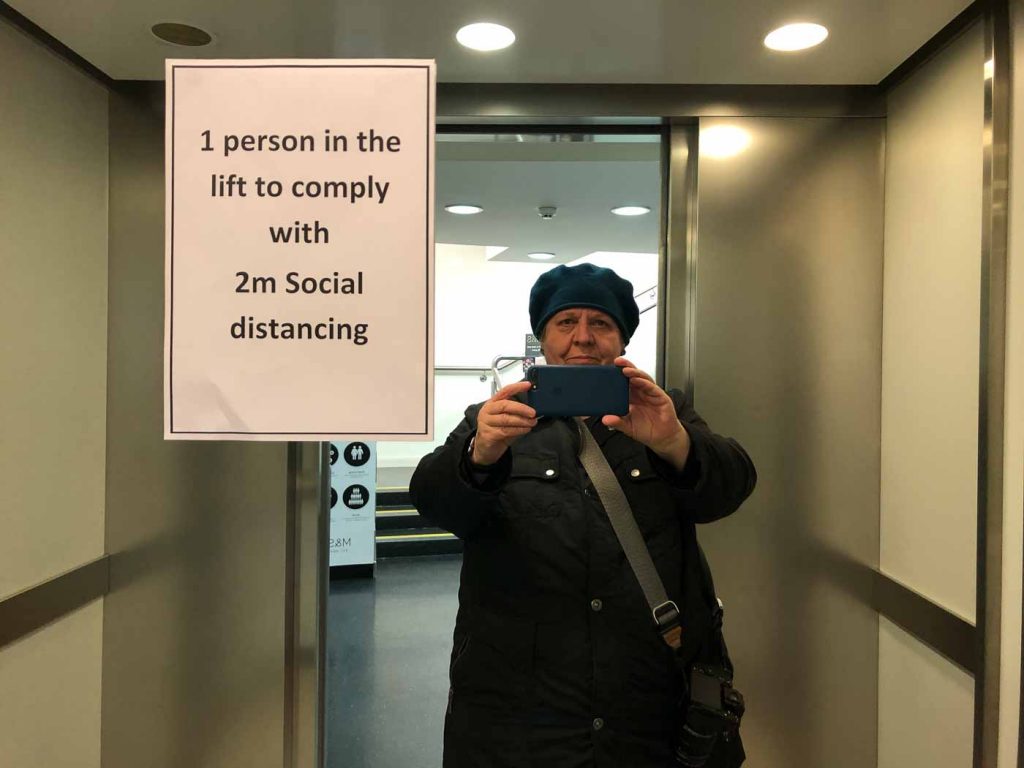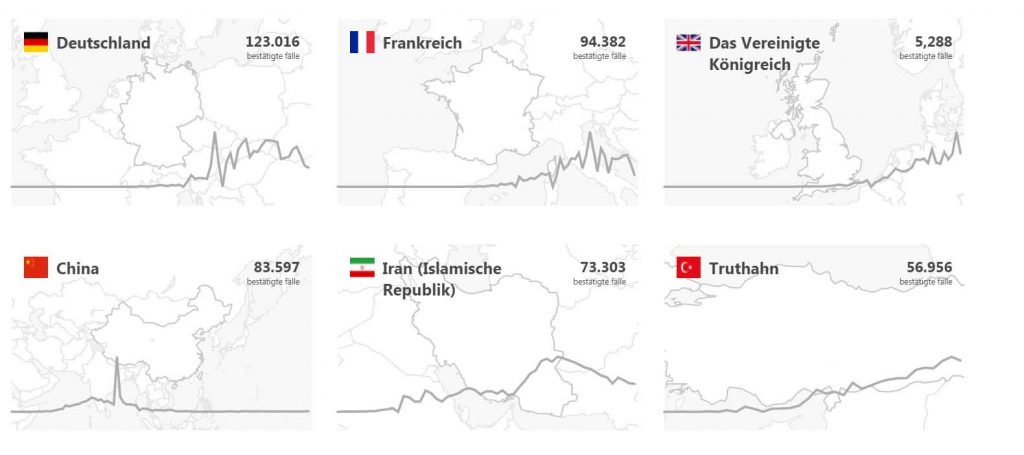Today is the 17th birthday of this blog, started on 15 April 2003, when it seemed obscure to have a weblog with such a narrow focus. Some other blogs of that time still exist.
We are currently in lockdown.

In Marks & Spencer Simply Food in Upminster
Machine translation
Meanwhile, a thought about machine translation. There is a lot more to be said about this, especially DeepL in connection with legal translation. One thing that strikes me is that in the old days, one might adapt machine translation systems to allow for context. But if you go to the WHO site and allow it to translate into German using Google Translate, you get a map of Turkey labelled Truthahn. Context is not taken into account here!
By the way, do people pronounce WHO double-u aitch oh? I usually say World Health Organization. But I heard someone on radio callilng it The Who recently, which I liked.
Screenshot:

Translation blogs
Luke Spear has chosen this auspicious occasion to collate a list of translation-related blogs, not so rare now as they were in 2003.
75+ of the best translation, language and linguistics blogs to follow
This list dates from April 9 2020 and has links to every blog mentioned. In most cases, you need to click on the links to see what the blogs are about. Quite an achievement! Luke asks if there are more blogs that could bring the total up to 100. Abd he wonders if people are blogging less.
Biut more about that in another post.

